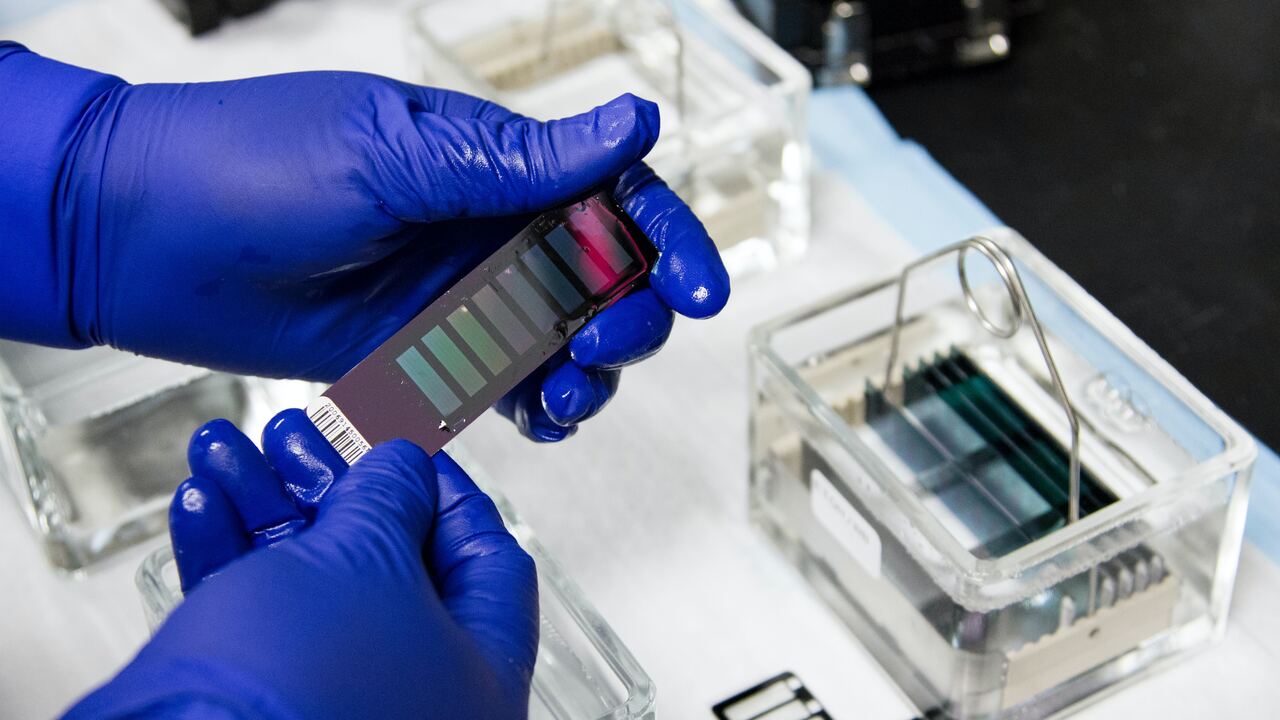Scientists from the Institute of Gene Biology (IBG RAS), with the support of the Russian Science Foundation, have proposed a new way to control the activity of dangerous proteins in the body, especially in oncological diseases. Known as polycomb (PcG), these proteins act as “repressors” and can suppress genes, including those important to us. However, direct blocking of PcG can have undesirable side effects.
Researchers have found a way to prevent the activation of these proteins in certain regions of DNA, which consists of genetic information and structural proteins. They used Drosophila, a fruit fly commonly used in genetics, in their experiments.
They found that certain factors that interact with these repressors are required to attract PcG proteins to DNA. However, not all such factors were previously known. Scientists from the Institute of Biochemistry of the Russian Academy of Sciences have found that a protein called Crol interacts with PcG proteins, and its modified form prevents these repressors from binding to specific DNA regions in the fly.
These research results could form the basis for the development of personalized drugs that target DNA-binding factors that attract PcG proteins in the future. This opens up new hopes for the development of individual medicine.
Source: Ferra
I am a professional journalist and content creator with extensive experience writing for news websites. I currently work as an author at Gadget Onus, where I specialize in covering hot news topics. My written pieces have been published on some of the biggest media outlets around the world, including The Guardian and BBC News.












